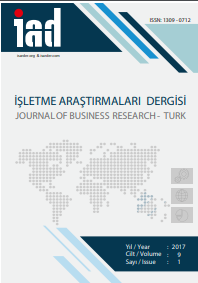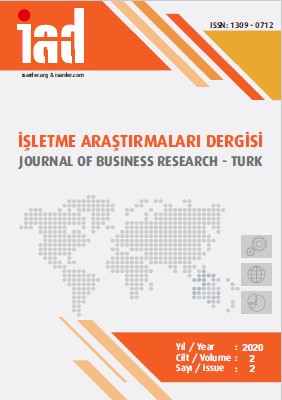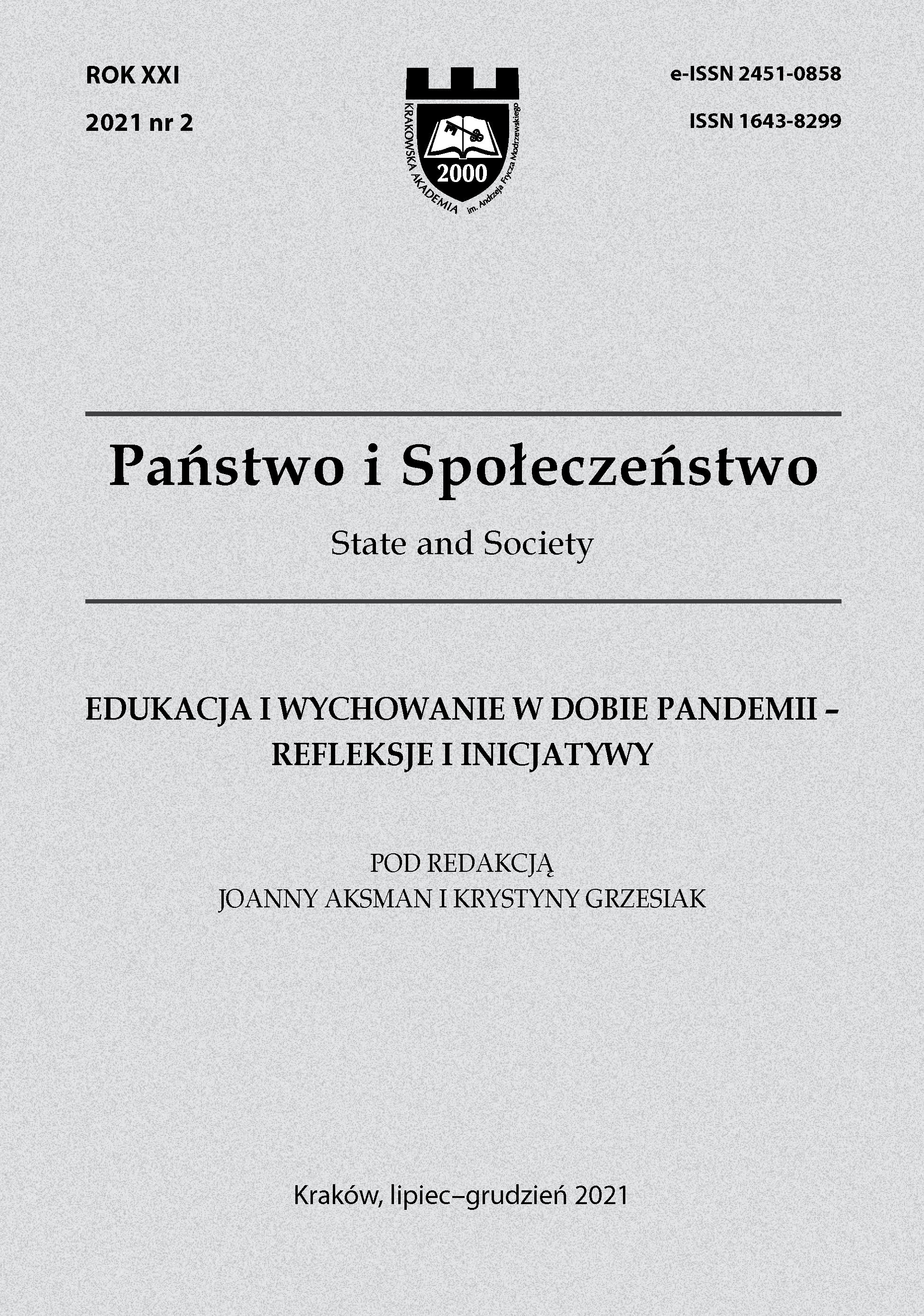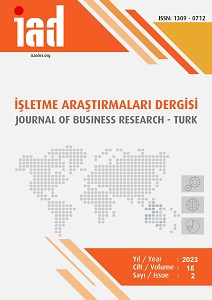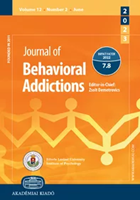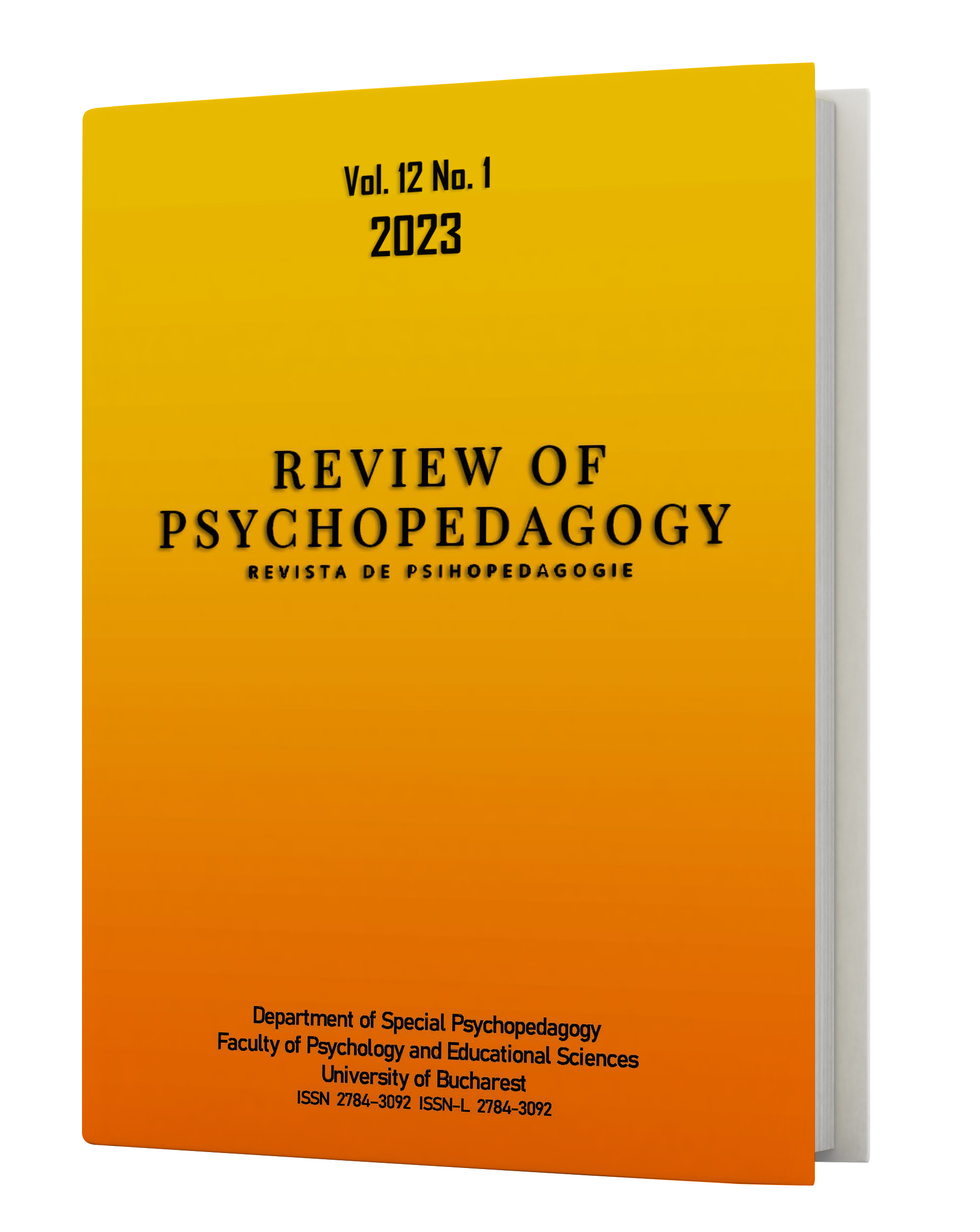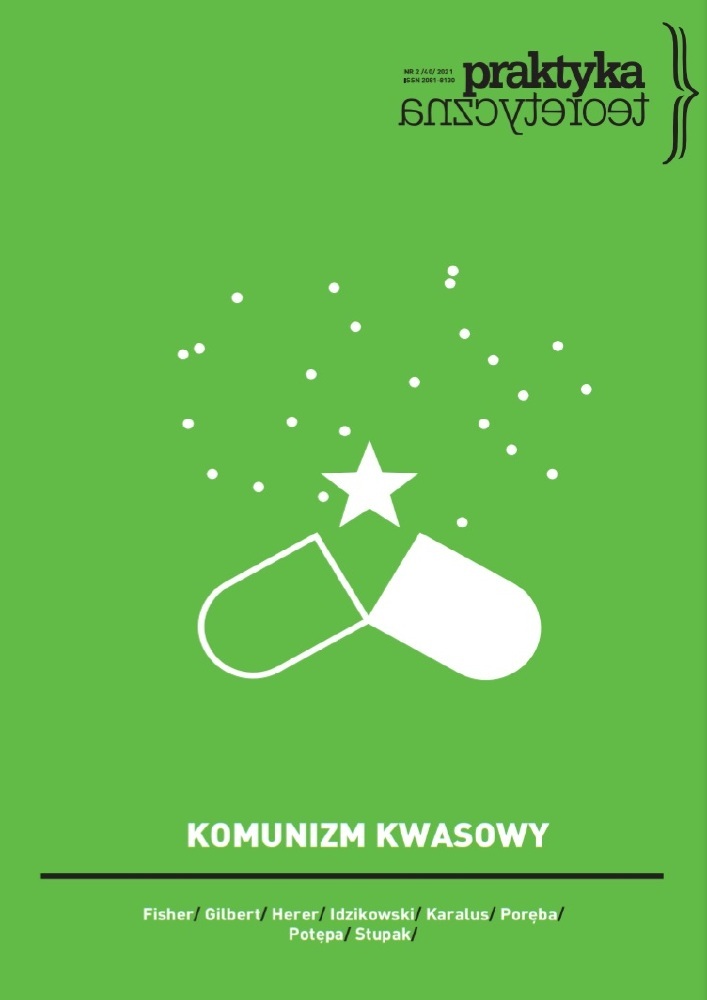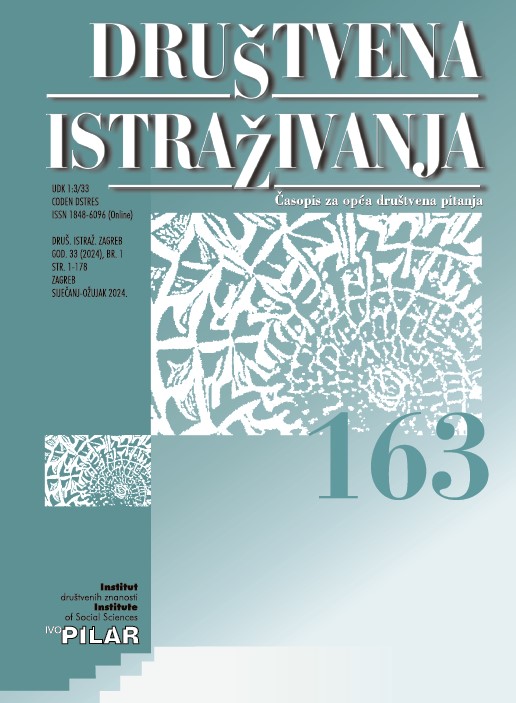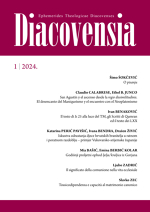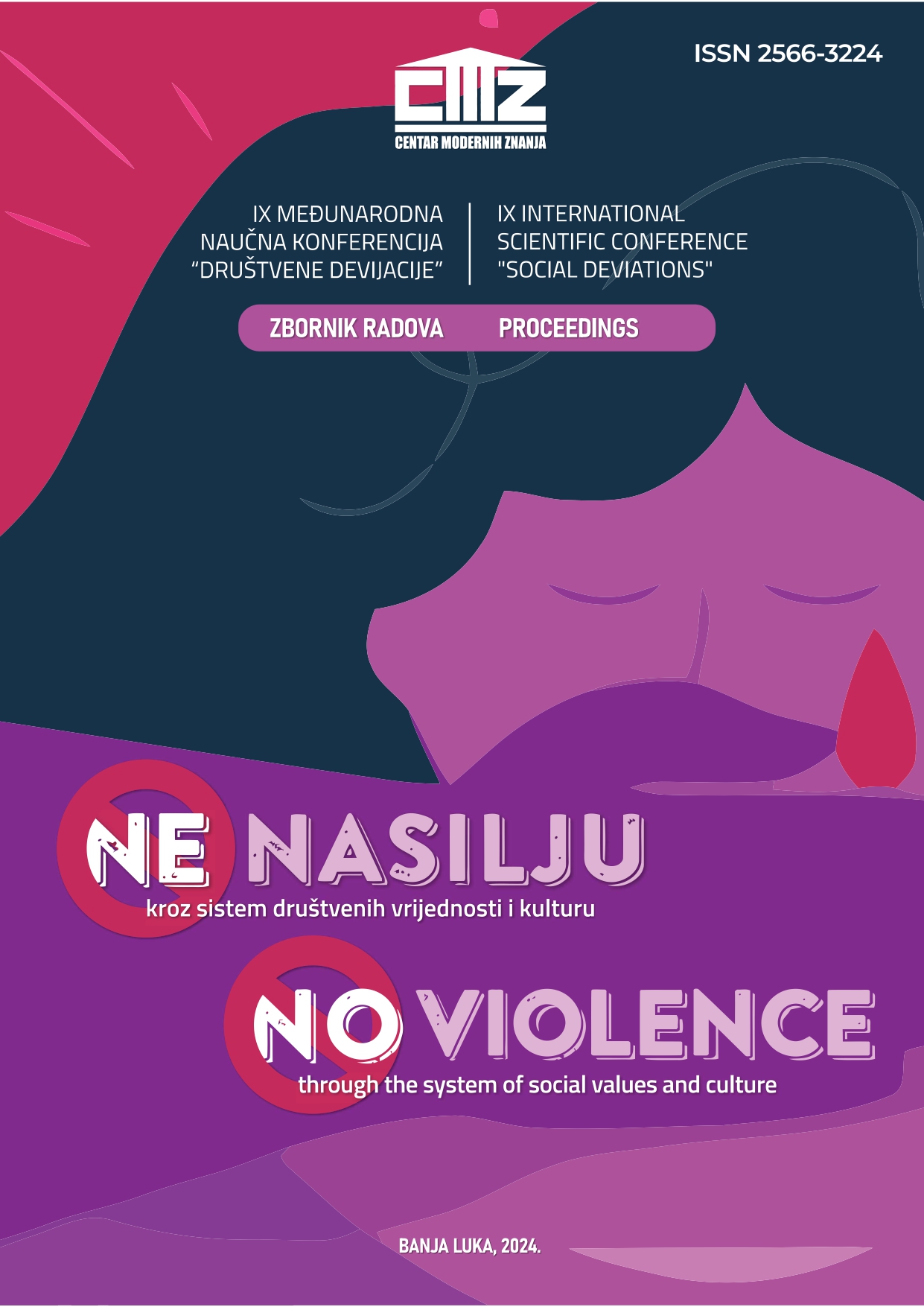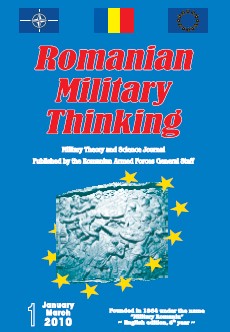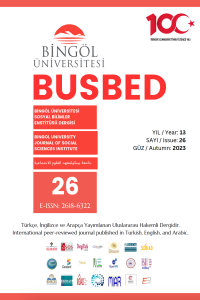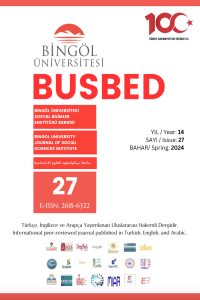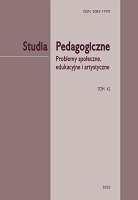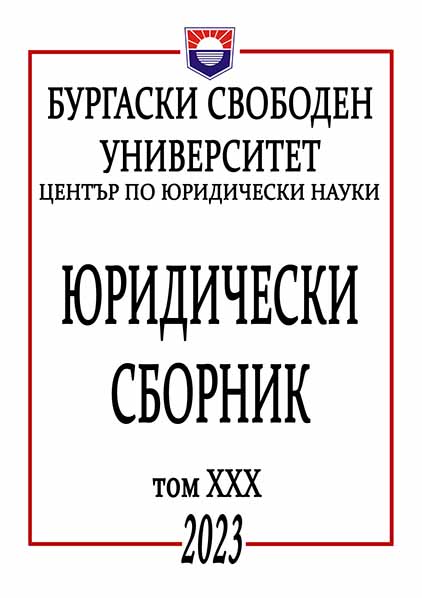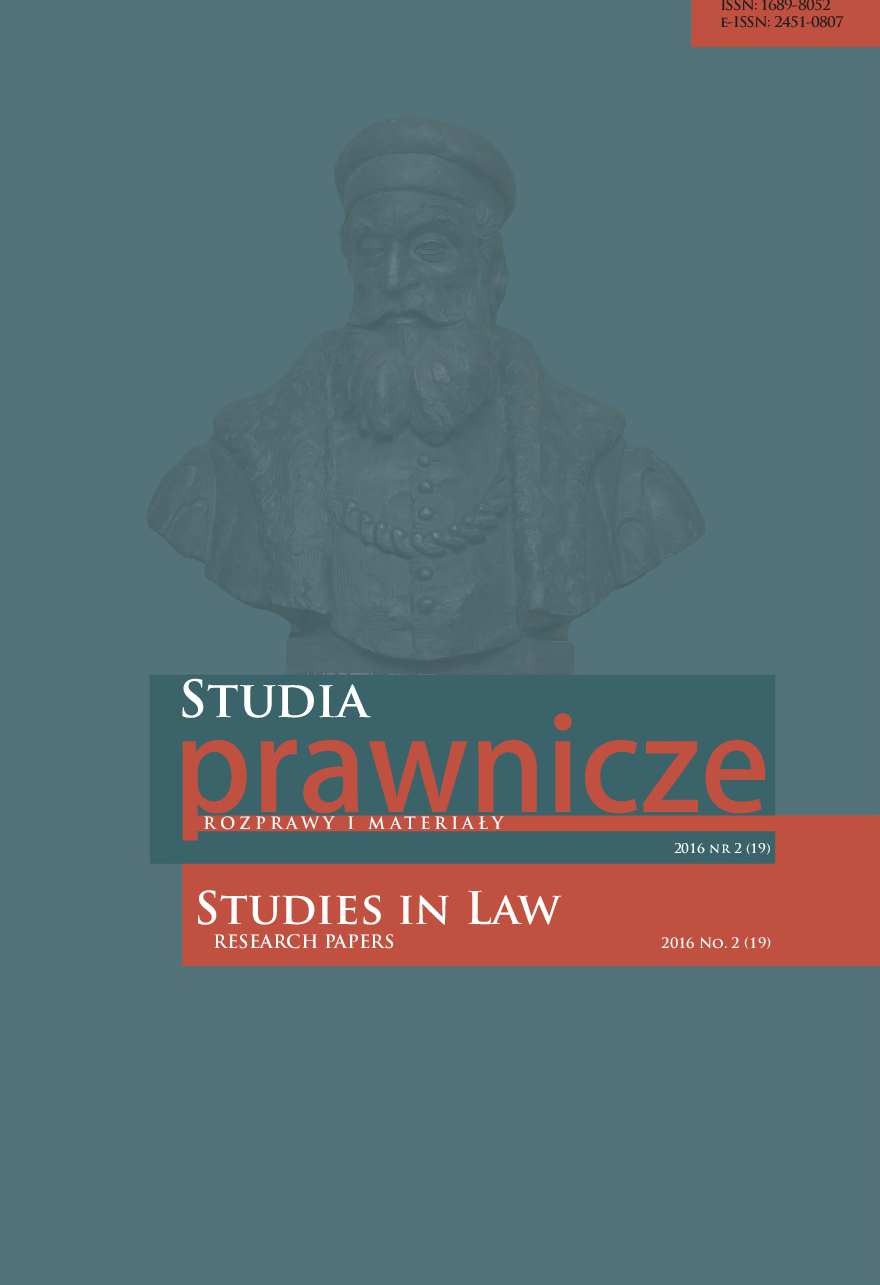
Alkohol jako czynnik kryminogenny i wiktymogenny w przestępstwach zabójstwa na przykładzie spraw rozpoznawanych przez Sąd Okręgowy w Krośnie
Alcohol abuse causes many negative effects. These often include the loosening of social and professional ties. Alcohol abuse is considered to be one of the risk factors which contributes to criminal actions. By influencing behavioural problems, it potentiates aggression, undermines self-control and contributes to organic changes which result in personality disorders. The study advances a hypothesis that the pathologies which occur in a particular family, especially alcohol abuse, can significantly influence the formation of the personality of a future murderer. These studies have been based on the psychological and psychiatric opinions which are among the records of the District Court in Krosno in cases involving offences under Article 148 and Article 13 § 1 in relation to Article 148 of the Polish Criminal Code (1999–2014). As a result of the study carried out, the hypothesis that most of the murderers belonged to the families which were affected by alcohol abuse has been confirmed. Furthermore, it has been also found that those who abuse alcohol are more prone to become murderers, or victims of murders.
More...
